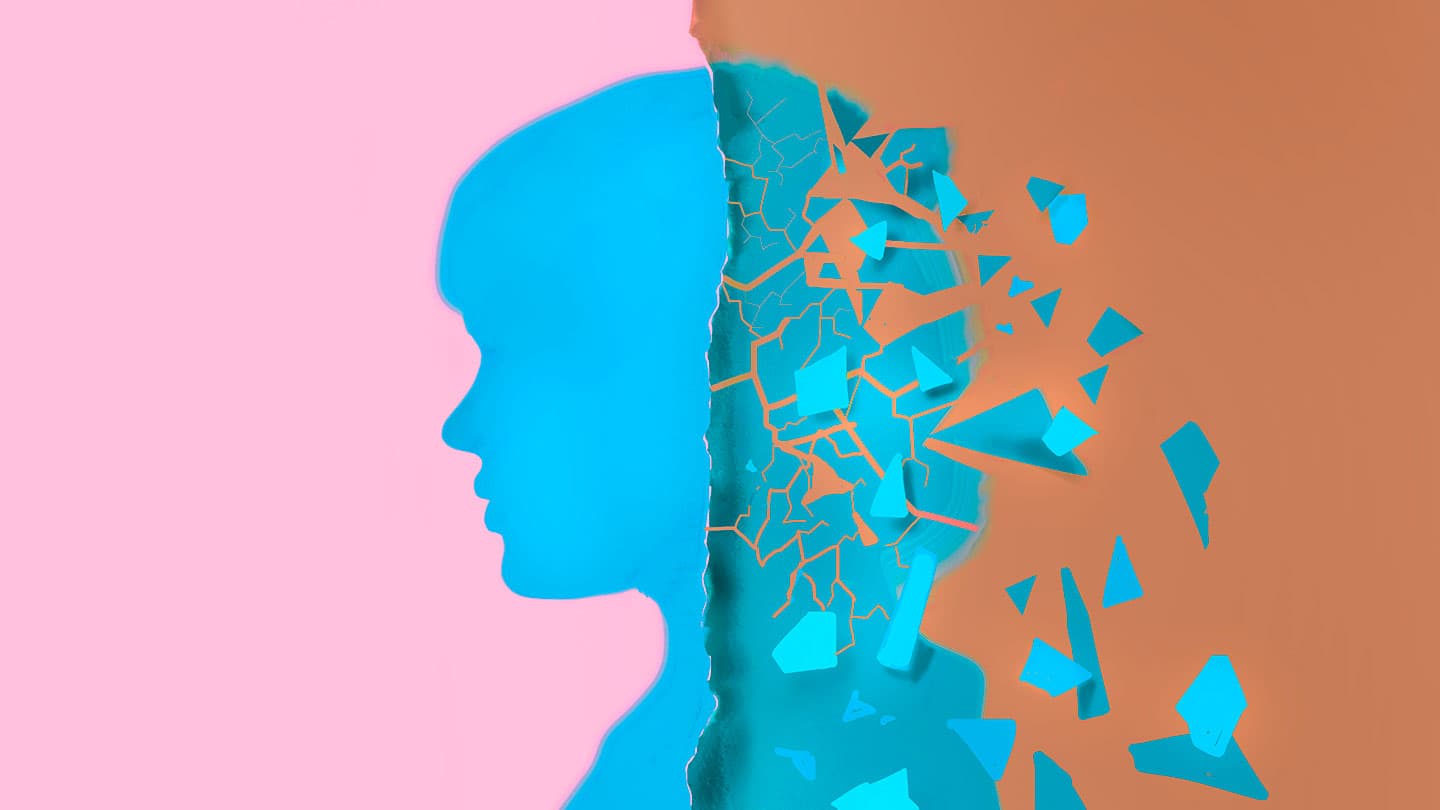The ‘midlife crisis’ is too simple a story, scientists say

Happiness over a lifetime follows a host of courses in diverse ingredients of the arena

The root that happiness in the Western world plummets around midlife forward of rebounding has been around for the reason that mid-1960s. A increasing physique of evidence supports the theory’s loss of life.
Westend61/Getty Pictures
The thought of a midlife crisis is dreary. Or presumably it was always bunk. Now some scientists need a postmortem for the theory.
The root that happiness in the Western world plummets around midlife forward of rebounding has been around for the reason that mid-1960s. In the slack Eighties, after crunching knowledge from well-being surveys around the realm, social scientists framed the phenomenon as quantifiable and global.
But a increasing physique of evidence now supports the theory’s loss of life. Most lately, researchers came upon a number of variants of how happiness unfolds amongst nonindustrialized communities in Asia, Latin The US and Africa — locations on the general not well-known in the scientific literature (SN: 3/19/24).
As well to the classic myth, the crew experiences October 23 in Science Advances, they recognized examples of midlife dips appearing years earlier than previously reported, happiness peaking in midlife (secret sauce unknown) and, mostly recurrently, a regular decline in happiness starting around age forty five.
The watch is excellent-trying the latest takedown of what social scientists call the U-curve. The root is that on a graph of happiness ranges on the y-axis and age on the x-axis, the form of happiness forms a particular U. It’s been replicated hundreds of times because it first looked in 2008.
But evaluate indispensable of the U-curve maintain circulated for years. They won limited traction till earlier this twelve months when David Blanchflower, the theory’s cofounder and cheerleader, released working papers and a weblog put up killing it off himself. Mounting despair amongst youth and twentysomethings, in particular ladies and females, has modified the happiness lifestyles course, says Blanchflower, an economist at Dartmouth College. “The U-form curve has now all but disappeared.”
Blanchflower needs to pass on. Researchers must flip their level of interest to youth and young adults straight away, he says. “Now we maintain a grief.… The seek files from is: What enact you enact about it? We’re in the abet of the game.”
Others imply taking a second to think. The midlife crisis account rose out of folks’s need for easy solutions to advanced issues, says Nancy Galambos, a psychologist on the College of Alberta in Edmonton, Canada. Researchers now seem like latching onto an childhood crisis account, she says, and asks, “Are we easy on the unsuitable tune of attempting to search out a single trajectory?”
Overly simplistic theories can role off genuine destroy, says psychologist Margie Lachman of Brandeis College in Boston. “The U form … truly takes you some distance off from pondering about what is going down at other age groups.”
Blanchflower and economist Andrew Oswald of the College of Warwick in England confirmed the longstanding hunch that happiness plummets in midlife with their 2008 publication exhibiting that populations across over 70 worldwide locations followed identical U-fashioned happiness tendencies.
The root won extra steam after a checklist in 2012 showed that even gigantic apes bag the midlife blues, which hinted at a biological motive in the abet of the phenomenon.
Yet critics maintain long questioned the widespread theory. Perhaps the U-curve is a statistical artifact brought about by efforts to maintain a examine a “‘pure’ enact of aging,” sociologist David Bartram wrote in February in the Journal of Happiness Research. Researchers tend to adjust for, or attend constant, variables that intervene with happiness, similar to divorce or health issues, says Bartram, of the College of Leicester in England. “If you’d like the outcomes to checklist each person, you would possibly want to always permit unsuitable issues to happen in veteran age.”
Or presumably the discovering is outlandish to the cohort that hit midlife throughout the Huge Recession. Let’s suppose, researchers involved with a watch called Midlife in the united states maintain interviewed folks about their health and well-being for the reason that mid-1990s. Contributors who were heart-earlier throughout the 2011 wave of files sequence, which coincided with the height of the recession, were worse off than heart-earlier folks in the unique cohort, says Lachman, a venture investigator. Timing matters.
A identical cohort enact now seems to be plausible for these whose adolescent years coincided with the appearance of smartphones and social media, Lachman says. The pandemic solidified that cohort’s shift to an on-line social world.
But Blanchflower counters that the roughly 600 papers exhibiting the U-curve cannot all be unsuitable. “How are you going to argue there [wasn’t] one?” As a replacement, he contends that the humble arc of happiness across a lifespan has itself modified, hanging the arena in uncharted territory.
He acknowledges that a unique level of interest on the U-fashioned happiness curve distracted him from the adolescent psychological health crisis. “These changes that started around 2013,” he says. “We’ve left out them because we were trying in a host of locations.”
Despair amongst youth is deeply troubling, Lachman says, but shifting from a midlife to a young person crisis account doesn’t murder sense. Folks in midlife aren’t doing better than forward of, she says, youth are excellent-trying doing worse. “Younger these which will be struggling factual now … rely on folks in heart age. It’s their parents and their lecturers. Those kids need folks in midlife to be in factual psychological health.”
Extra Experiences from Science News on Anthropology

